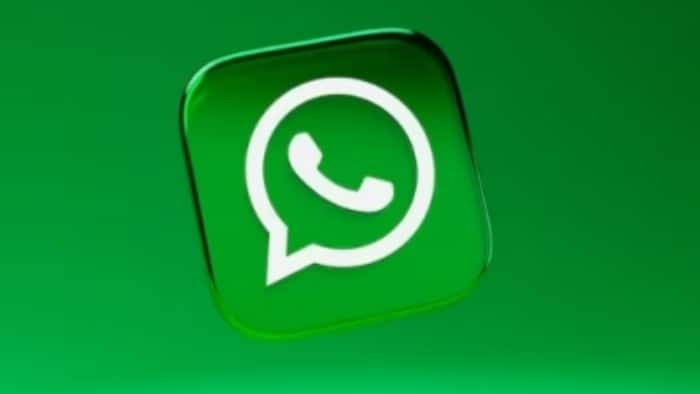
Written By Pranav Sawant
Published By: Pranav Sawant | Published: Sep 15, 2023, 08:38 PM (IST)

Meta-owned WhatsApp is reportedly rolling out an ‘automatic security code verification’ feature for end-to-end encryption to a limited number of beta testers on Android. Also Read: No more third-party apps? WhatsApp may FINALLY get this long-due feature - scheduling messages
With this feature, the app will try to automatically verify if messages have end-to-end encryption without requiring any user intervention, according to WABetaInfo. Also Read: Using WhatsApp? These Hidden Settings Can Protect You
This process will be called “Key Transparency”, enhancing the overall security and privacy of users’ conversations by checking if they are using a secure connection.
However, WhatsApp still provides users with the manual verification feature in case the automatic verification fails or it is not available.
According to the report, this feature is especially useful in situations where traditional QR code scanning or manual verification is difficult, such as when users need to easily verify encryption remotely.
By automating security code verification, the report said that WhatsApp hopes to provide added security and convenience for their users while verifying end-to-end encryption with no additional effort on their part.
Meanwhile, WhatsApp is reportedly working on bringing “third-party chat” support on Android in order to comply with the new European Union (EU) regulations.
The new feature will offer users the ability to communicate with each other using different apps.
For instance, someone from the Signal app could send a message to a WhatsApp user, even without a WhatsApp account.
The feature comes just days after the European Commission confirmed that Meta fits the definition of a “gatekeeper” under the EU’s Digital Markets Act (DMA), which mandates that communication software like WhatsApp allow interoperability with third-party messaging apps by March 2024.
— IANS